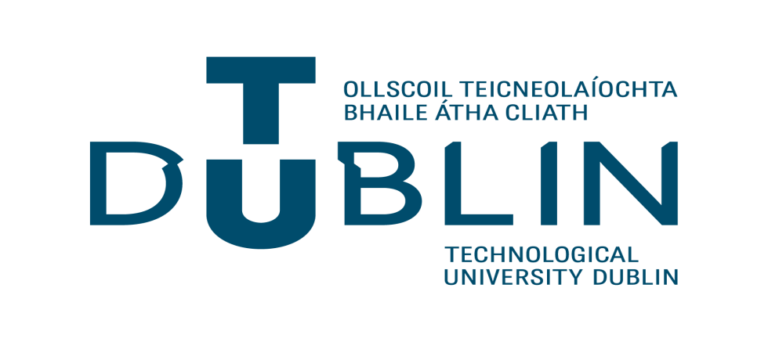Minister for Business, Enterprise, and Innovation Heather Humphreys, TD has announced funding for CO/SMID – a Technological University Dublin (TU Dublin) project, which will track COVID-19 clusters based on geo-referenced data to more accurately predict future outbreaks and influence future interventions. The funding was awarded as part of a rapid research response funding call published jointly by Science Foundation Ireland, Enterprise Ireland and the IDA (SFI-EI-IDA).
Welcoming the Minister’s announcement, Professor Brian O’Neill, Director, Research, Enterprise & Innovation Services at TU Dublin said researchers across the higher education sector are eager to contribute solutions in this exceptional crisis: “Covid-19 represents the greatest threat the world has faced in living memory, affecting how we live, work, come together to celebrate and even how we mourn lost loved ones. Our research in TU Dublin is underpinned by an applied focus, and today’s announcement will see our researchers collaborate with colleagues in other Irish Universities and Research Institutions to develop rapid, innovative solutions to address this global crisis.”
CO/SMID (COVID-19: (Space-Time) Scanning, Mobility and Intervention Diagnosis)
Led by Dr Paul Hynds, a Senior Research Fellow in the Environmental Sustainability and Health Institute (ESHI) at TU Dublin and Dr Jean O’Dwyer of University College Cork, CO/SMID will investigate retrospective COVID-19 infection data to model potential future outbreaks in the Republic of Ireland.
Speaking about CO/SMID, Dr Paul Hynds, said, “We don’t yet understand how exactly COVID-19 infection is transmitted throughout the Irish population. We cannot track the development of clusters over time, or the effects of multiple, concurrent drivers on its transmission such as age, sex and family structures or residential proximity to road networks or recreational facilities. We are also unsure of the efficacy of interventions such as the closure of schools or how a large gathering, for example, a concert could contribute to Covid-19 clusters forming.”
Describing the CO/SMID methodology, Dr Hynds said, “The CO/SMID project represents an entirely new approach to this ongoing crisis, employing a highly validated, geo-referenced case dataset to track Covid-19 clusters. This will allow us to monitor the effects of significant events and interventions among specific subpopulations, such as in care-homes or smaller regions. By tracking this clustering data retrospectively, we can improve the forecasting of future clusters while making recommendations for future interventions.”
CO/SMID is a multi-agency project led by TU Dublin with expertise from University College Cork, Health Protection Surveillance Centre, the Health Informatics Unit, the Health Service Executive, the National Virus Reference Laboratory and the University of Southampton.


